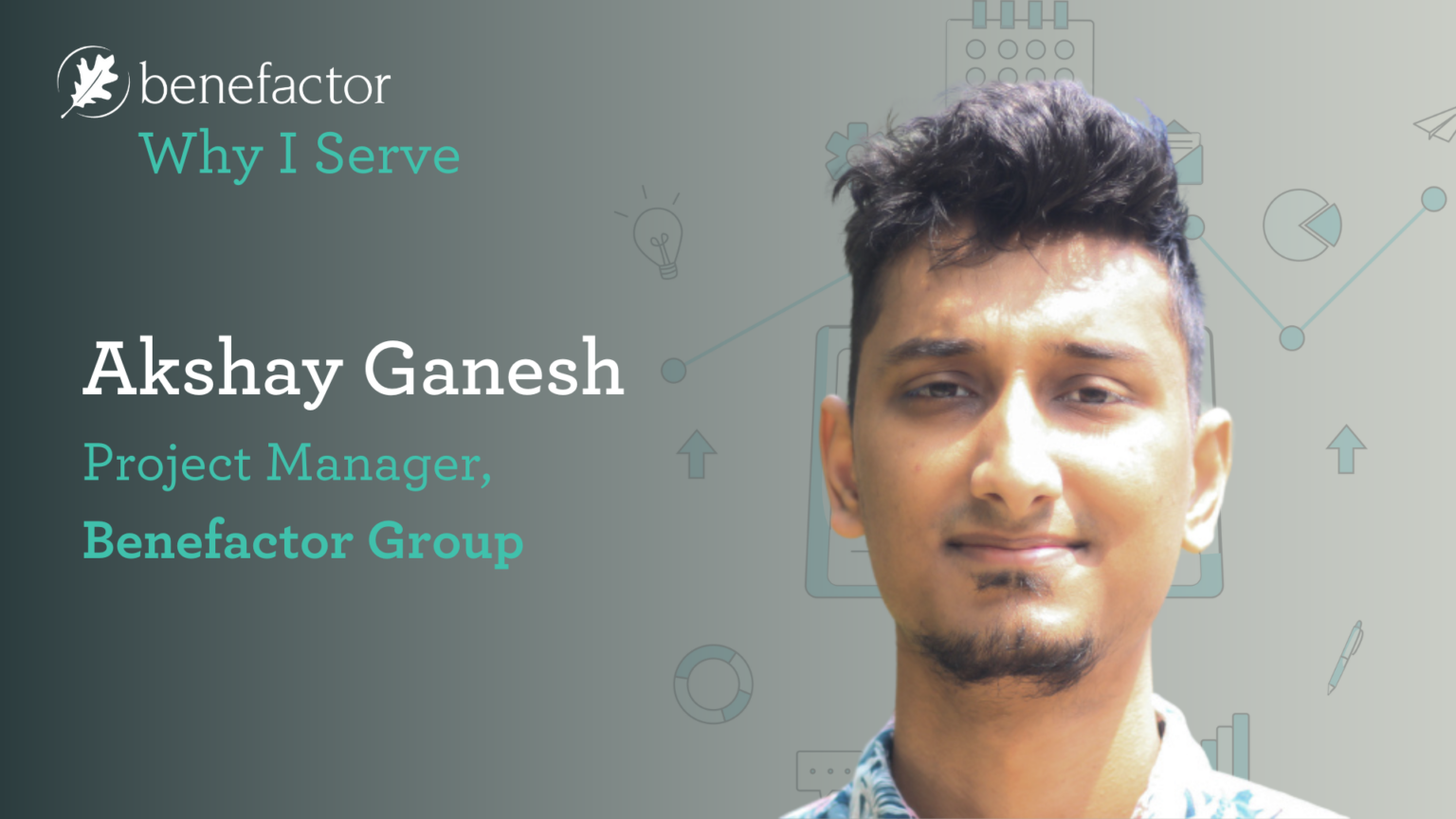Benefactor Group is excited to announce Akshay Ganesh as our newest Project Manager.
Why did you get involved with serving nonprofit organizations?
Growing up in India, I was surrounded by stark disparities in wealth and access. From a young age, I began teaching underprivileged students, which helped me understand the power of education in breaking cycles of poverty. Later, my work at an ed-tech company allowed me to design e-learning solutions for shelter homes and underserved learning centers—blending purpose with technology. As an artist and trained architect, I also participated in community painting and public space initiatives, which deepened my connection to social impact at the grassroots level. All of these experiences laid the foundation for my commitment to mission-driven work.
Why did you join Benefactor Group?
During my MBA at The Ohio State University, I had the opportunity to work with several nonprofit organizations, which deepened my interest in mission-driven work. As I approached graduation, I was looking for a role where I could continue serving organizations that create social impact—while also stepping into a generalist project management role focused on execution. Applying to Benefactor Group felt like a long shot at the time, but its blend of strategic consulting and operational support aligned perfectly with my goals. It offered the ideal overlap of purpose and practice I was seeking post-MBA.
What inspires you to serve the common good?
My experiences growing up in India constantly remind me of the real impact that mission-driven work can have. They’ve shaped my sense of empathy, grounded me in humility, and made me more accountable in the work I do. Knowing that the systems I help build or support can directly affect someone’s access to opportunity keeps me motivated. It’s what drives me to approach my work with passion and a deep sense of purpose every day.
We are living in rapidly changing times – which extends to the philanthropic landscape. What gives hope for the future of philanthropy over the next five years?
In a time where political shifts can rapidly and drastically impact people’s lives, philanthropy offers a sense of continuity and support. Even amid uncertainty, it remains a powerful tool to uplift communities, protect the vulnerable, and advocate for equity. That resilience—the ability of philanthropy to step in where systems fall short—gives me hope. It’s a space where individuals and institutions can choose to respond with compassion, regardless of the broader political climate.
What influences how you give, volunteer, or advocate.
I’m most drawn to causes that resonate personally—especially education and equity. I also look for spaces where I can actively contribute, not just financially or passively, but by applying both my technical and social skills to help an organization grow. Whether it’s helping implement systems, improve processes, or amplify their reach, I’m motivated when I can play a direct role in elevating their impact.
If you could make a $1 million gift to any organization, where would you direct your contributions and why?
I would direct it to a community-based education initiative—something that provides equitable access to learning for underserved youth. I believe education is one of the most powerful tools for long-term systemic change, and early investment can open doors that last a lifetime.
Where can someone find you when you’re not at work?
Outside of work, you’ll probably find me on a pickleball or tennis court, or unwinding with a sketchpad or digital art project. I also enjoy photography—capturing everyday moments and interesting textures—and it’s a nice balance to the more structured parts of my day. Creative expression and staying active help keep me energized.
What are you currently reading, or what do you recommend?
I’m currently reading The Lean Startup by Eric Ries. It’s a powerful read on how to build products and organizations that are agile, innovative, and responsive to change. Even though it’s rooted in the startup world, many of its principles—like rapid experimentation, continuous learning, and focusing on value—are just as relevant in the nonprofit and social impact space.





